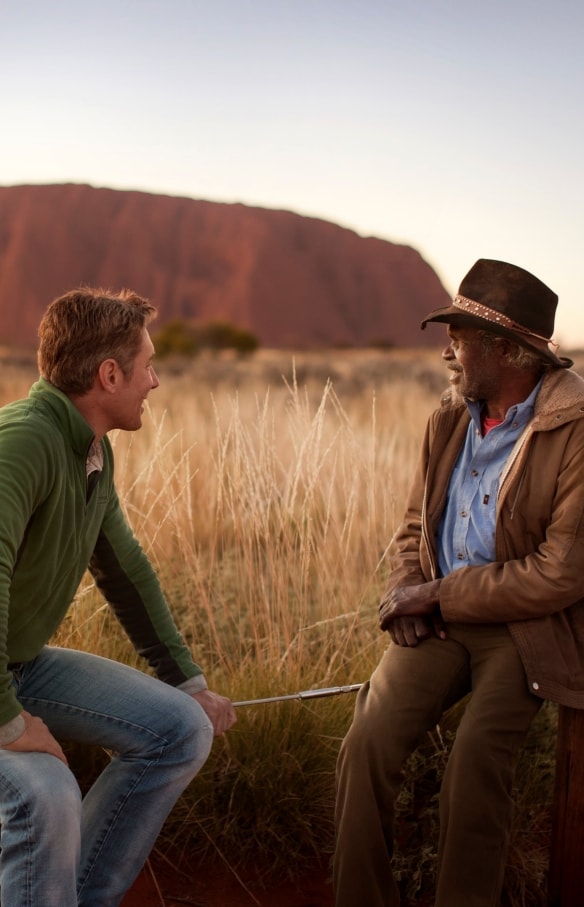Before coming to Australia, you should have a valid passport and if required, a valid tourist visa. It is strongly advised that you have adequate health insurance, which is a mandatory requirement for some visas. You must also ensure you have enough money to support yourself for the duration of your visit, so research the costs associated with accommodation, transport, food and essential items, tours and activities.

Australian Customs and Biosecurity FAQs
Plan for your trip with information on Australian customs and biosecurity regulations.
Please note this page is intended to provide general information only. Find out more*
Please note this page is intended to provide general information only and does not constitute legal advice. For information on Australia’s biosecurity and border controls, visitors should seek the most up-to-date information please visit Australia's biosecurity and border controls | Smartraveller.*
Travelling to Australia
Customs and biosecurity
Declaring your goods
Assistance and accessibility
*Australian customs and biosecurity regulations change from time to time. The information provided here is valid at the time of publication, but visitors should check this information is still current by visiting Smartraveller.gov.au.




























































































































